Explore diverse career paths and job opportunities available to M.Tech in Aerospace Engineering graduates. These may include roles such as aerospace engineer, aircraft designer, and space mission analyst, in high-demand sectors across the aerospace and defense industries.
Career and Job Opportunities after completing M.Tech Aerospace Engineering
A Master of Technology (M.Tech) in Aerospace Engineering is a specialized program that focuses on the design, development, and maintenance of aircraft, spacecraft, and related systems. Aerospace engineering is a dynamic field that plays a pivotal role in aviation, space exploration, and defence industries. In this comprehensive guide, we will explore the program, its benefits, and the diverse career opportunities it offers.
Overview of M.Tech in Aerospace Engineering
The M.Tech in Aerospace Engineering program is designed to provide students with advanced knowledge in aeronautics and astronautics. It encompasses a broad range of topics, including aerodynamics, propulsion systems, flight dynamics, structural analysis, avionics, space systems, and aerospace materials. The curriculum typically includes theoretical coursework, laboratory experiments, design projects, and research components. Core subjects often include:
1. Aerodynamics: Study of the behaviour of airfoils and aircraft in flight.
2. Aerospace Propulsion: Understanding aircraft and spacecraft propulsion systems, including jet engines and rockets.
3. Aircraft and Spacecraft Structures: Analysis and design of structural components for aircraft and spacecraft.
4. Flight Dynamics and Control: Study of aircraft stability, control systems, and flight simulation.
5. Avionics and Navigation: Electronics and systems used in aircraft and spacecraft for communication, navigation, and control.
6. Space Systems Engineering: Exploration of spacecraft design and mission planning.
Benefits of an M.Tech in Aerospace Engineering
Pursuing an M.Tech in Aerospace Engineering offers several advantages:
1. High Industry Demand: Aerospace engineering is a critical field in aviation, space exploration, and defence sectors, with a constant demand for skilled professionals.
2. Diverse Career Opportunities: Graduates can explore various career paths, including aircraft design, propulsion system development, avionics engineering, space exploration, and research.
3. Global Relevance: The skills acquired are applicable worldwide, allowing professionals to work in different countries and with international organizations.
4. Innovation and Advancement: Aerospace engineers contribute to technological advancements and innovations in the field, from supersonic aircraft to space missions.
5. Contribution to Space Exploration: Graduates play a vital role in space exploration efforts, working on missions to explore the Moon, Mars, and beyond.
M.Tech In Aerospace Engineering Career Opportunities
An M.Tech in Aerospace Engineering opens doors to numerous career opportunities. Here are some key roles that graduates can pursue:
1. Aerospace Engineer: Aerospace engineers design, develop, and test aircraft, spacecraft, and related systems.
2. Aircraft Design Engineer: Aircraft design engineers focus on creating new aircraft and improving existing designs for performance, safety, and efficiency.
3. Aircraft Structural Analyst: These professionals analyze the structural integrity and safety of aircraft components and systems.
4. Propulsion Engineer: Propulsion engineers work on designing and testing engines for aircraft and spacecraft, including jet engines, rocket engines, and propulsion systems.
5. Avionics Engineer: Avionics engineers develop and maintain electronics and control systems used in aircraft and spacecraft.
6. Flight Test Engineer: Flight test engineers plan and conduct tests to evaluate the performance and safety of aircraft and spacecraft.
7. Space Systems Engineer: Space systems engineers design and develop systems for space missions, including satellites and spacecraft.
8. Research Scientist: Aerospace engineering graduates can engage in research and development projects in academia, government agencies, or private companies.
M.Tech In Aerospace Engineering Salary Expectations
Salaries in the field of aerospace engineering can vary depending on factors such as location, level of experience, and specific job role. On average, professionals in this field can expect competitive salaries. Entry-level positions may start at around $60,000 to $80,000 annually, while experienced professionals with advanced degrees and expertise can earn significantly higher salaries, often exceeding $100,000 per year, especially in roles with specialized skills or leadership responsibilities.
 2 Years
2 Years
 Post Graduate
Post Graduate
 Engineering
Engineering
 Full Time
Full Time
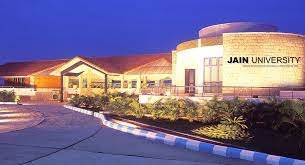

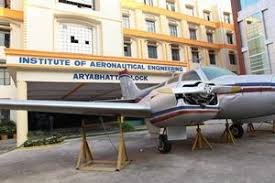

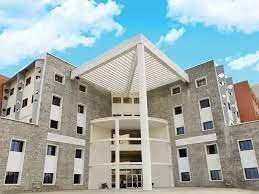
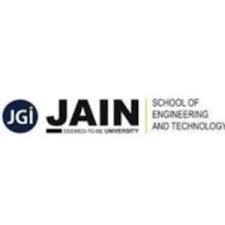
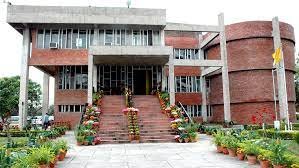
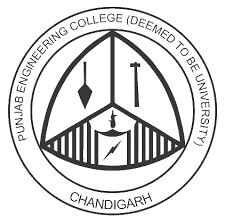
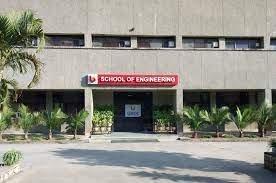

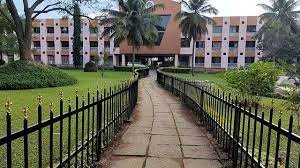
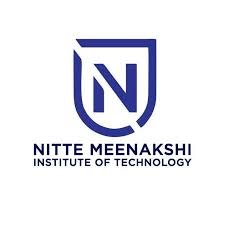
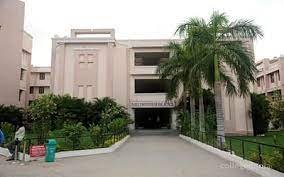
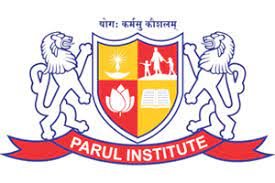
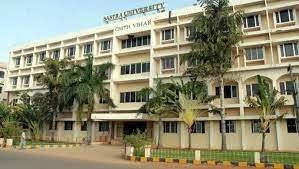

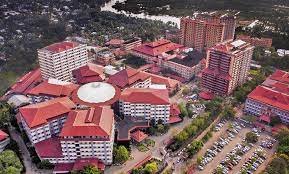
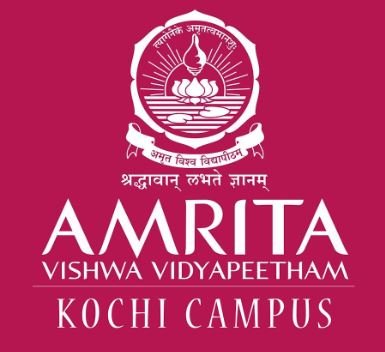
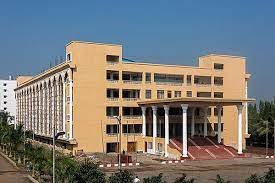
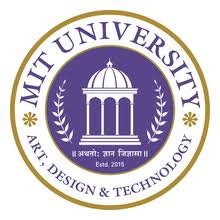

 back
back

